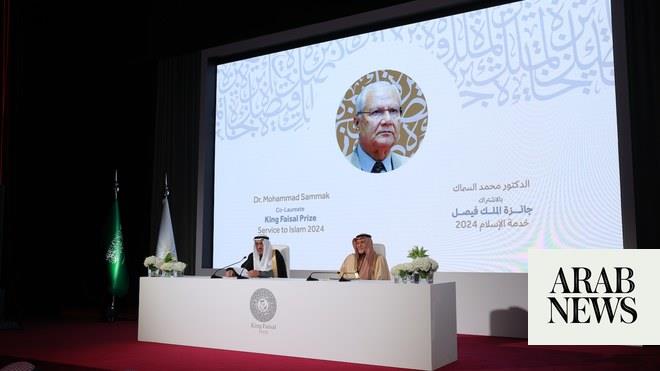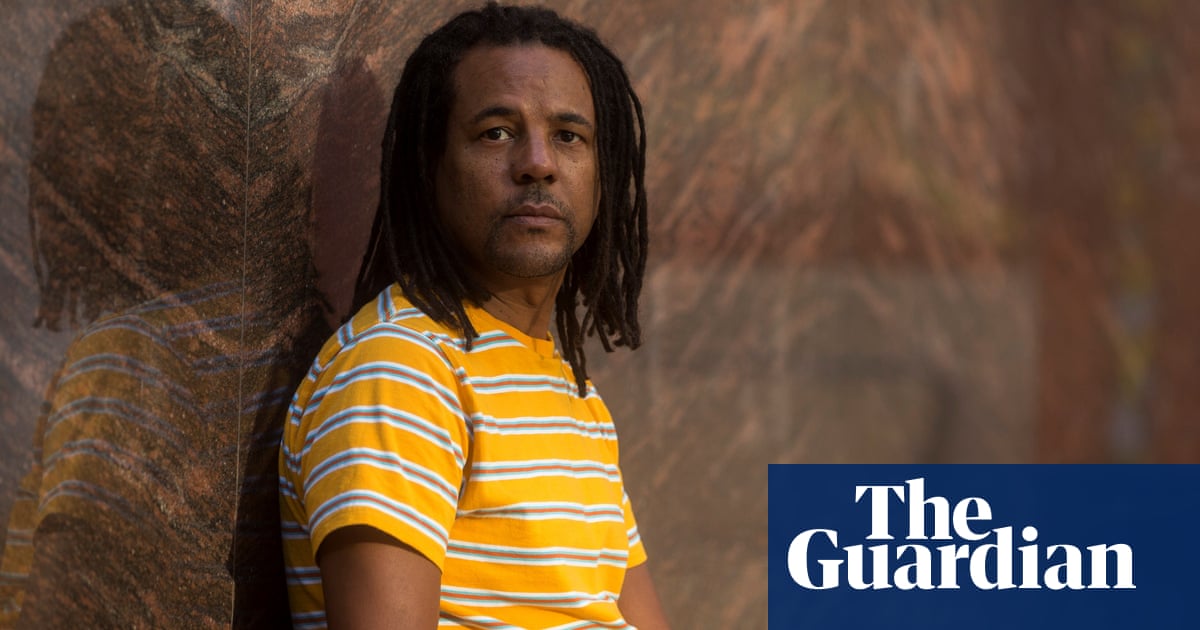
Colson Whitehead, This American Life and writers from the New York Times are among this year’s Pulitzer prize winners.
During an online, at-home video, the Pulitzer administrator, Dana Canedy, referred to the “deeply trying times” in which these prizes are being announced but how journalism remains as important as ever and how the arts continue to “sustain, unite and inspire”.
The prize for fiction went to Whitehead for his novel The Nickel Boys, which was praised as “spare and devastating” in its tale of an abusive reform school in Florida. Whitehead previously won the Pulitzer prize for his 2017 book The Underground Railroad, which is being adapted into an Amazon series by Moonlight writer-director Barry Jenkins.
The prize for general non-fiction was won by two books: The Undying: Pain, Vulnerability, Mortality, Medicine, Art, Time, Dreams, Data, Exhaustion, Cancer and Care by Anne Boyer and The End of the Myth: From the Frontier to the Border Wall in the Mind of America by Greg Grandin. The first focused on “the brutality of illness and the capitalism of cancer care in America” while the latter probed “the American myth of boundless expansion”.
This year saw the first prize for audio reporting, which was given to the staff of podcast This American Life along with Molly O’Toole of the Los Angeles Times and Emily Green, a freelancer with Vice News. The awarded episode, The Out Crowd, was heralded for its “revelatory, intimate journalism that illuminates the personal impact of the Trump administration’s Remain in Mexico policy”.
The prize for breaking news reporting was given to the staff of the Courier-Journal in Louisville for “rapid coverage of hundreds of last-minute pardons by Kentucky’s governor” while the winner for investigative reporting was Brian M Rosenthal from the New York Times for an exposé of New York City’s taxi industry.
Other journalism awards were given to Ben Taub for his New Yorker feature on a man who was kidnapped, tortured and deprived of his liberty for more than a decade at the Guantánamo Bay detention facility and Nikole Hannah-Jones of the New York Times for “a sweeping, deeply reported and personal essay” about the enslavement of Africans as part of the paper’s acclaimed 1619 project. The photography staff of Reuters were also honoured for their wide-ranging and illuminating pictures of the Hong Kong protests.
The award for music was given to Anthony Davis for his “courageous operatic work” The Central Park Five while the award for drama was given to Michael R Jackson for A Strange Loop, a musical about issues of identity, race, and sexuality. The year’s biography prize went to Benjamin Moser for his “authoritatively constructed” book Sontag: Her Life and Work while Jericho Brown’s The Tradition won for poetry.
There was also a posthumous special citation given to Ida B Wells for her “formidable and courageous reporting” on lynching. There will be $50,000 donated in support of her mission with honorees to be announced.
The announcement of the nominees was delayed by two weeks because of the coronavirus pandemic and the annual awards luncheon, usually held in May, has also been postponed with a date yet to be confirmed.
Last year’s winners included prizes for the New York Times and its investigation of the Trump family wealth and tax arrangements, Jackie Sibblies Drury’s play Fairview and Richard Powers’ novel The Overstory.












